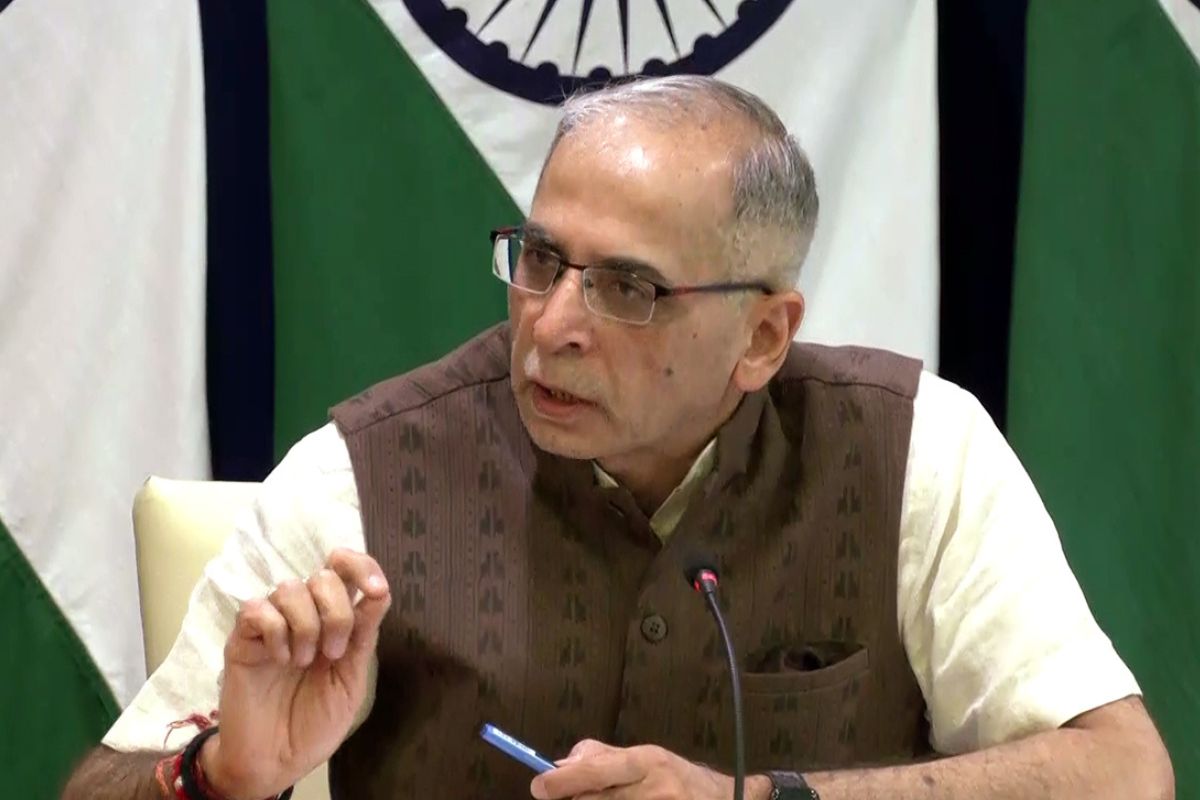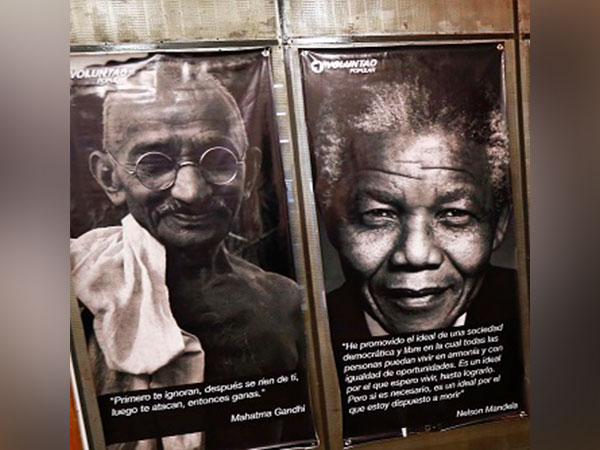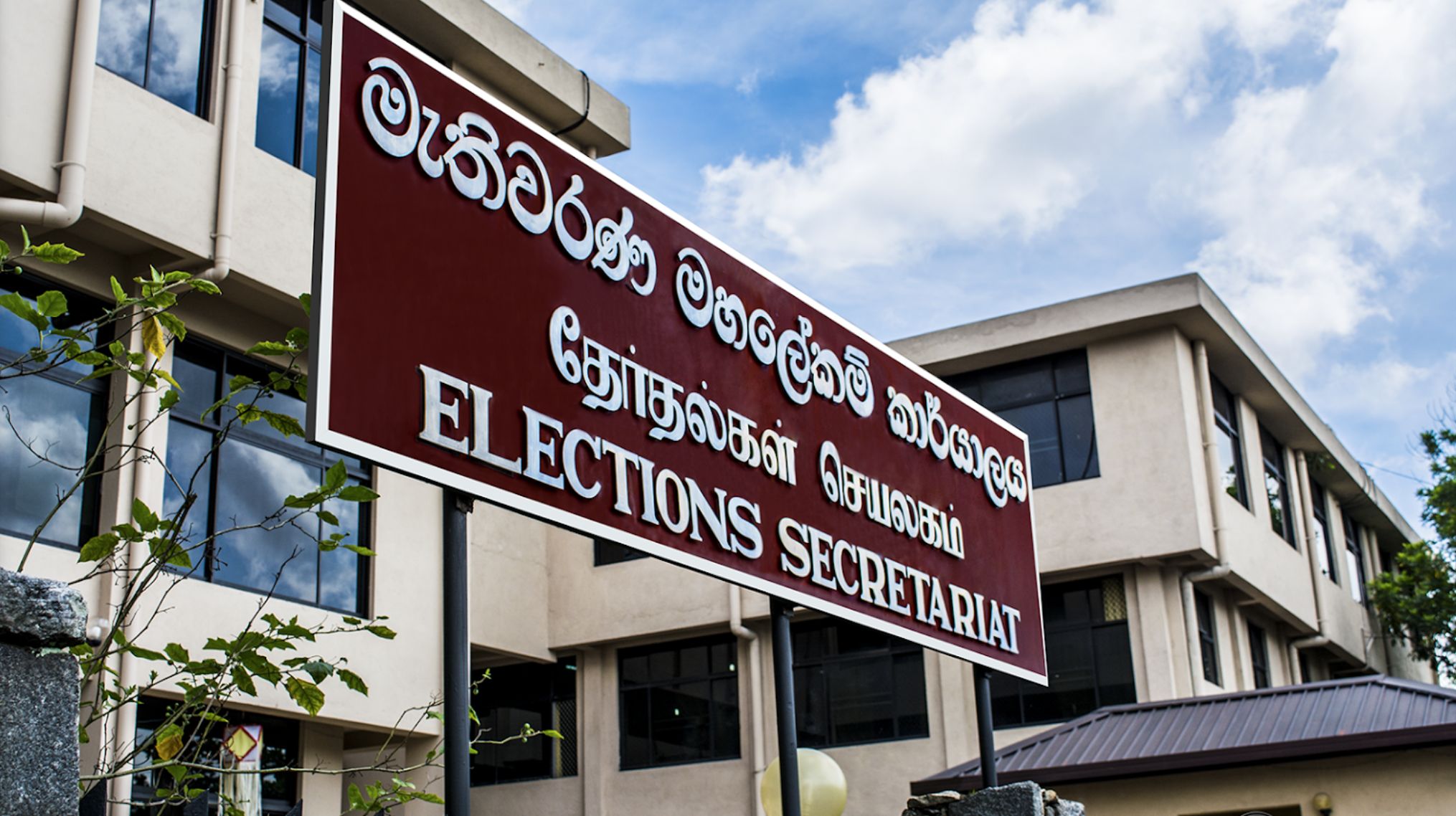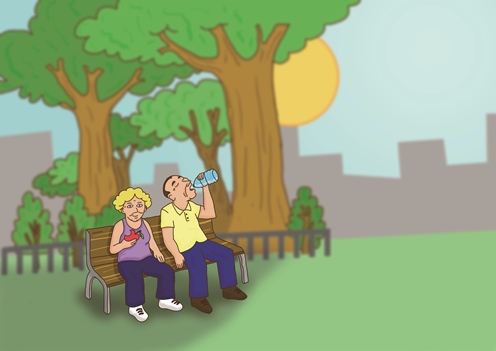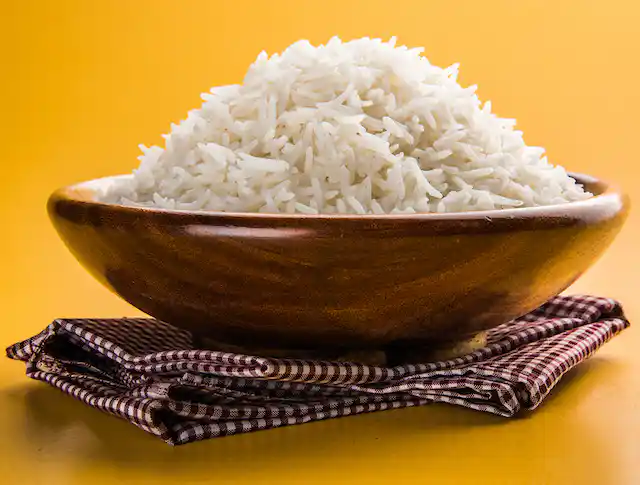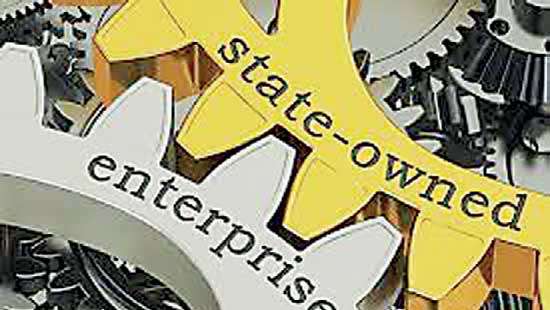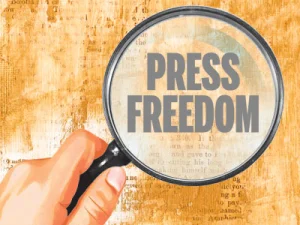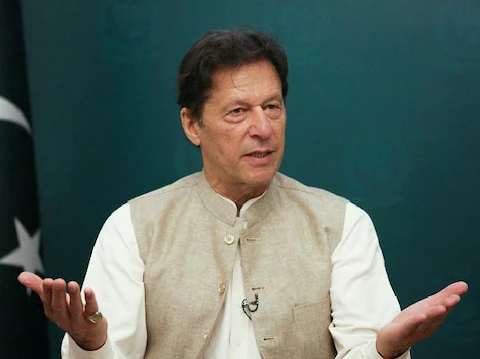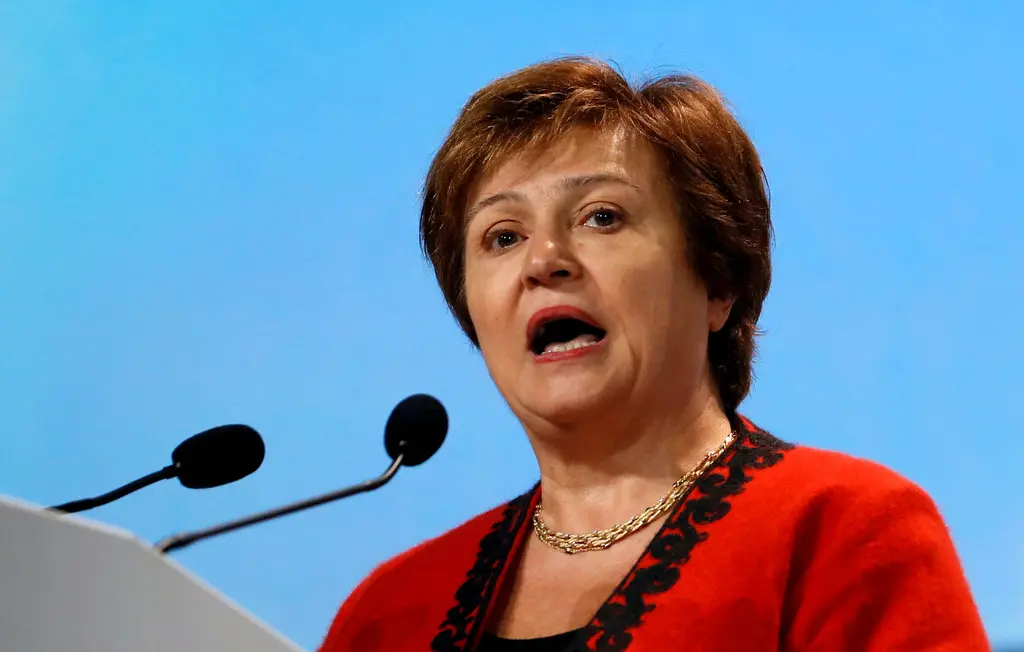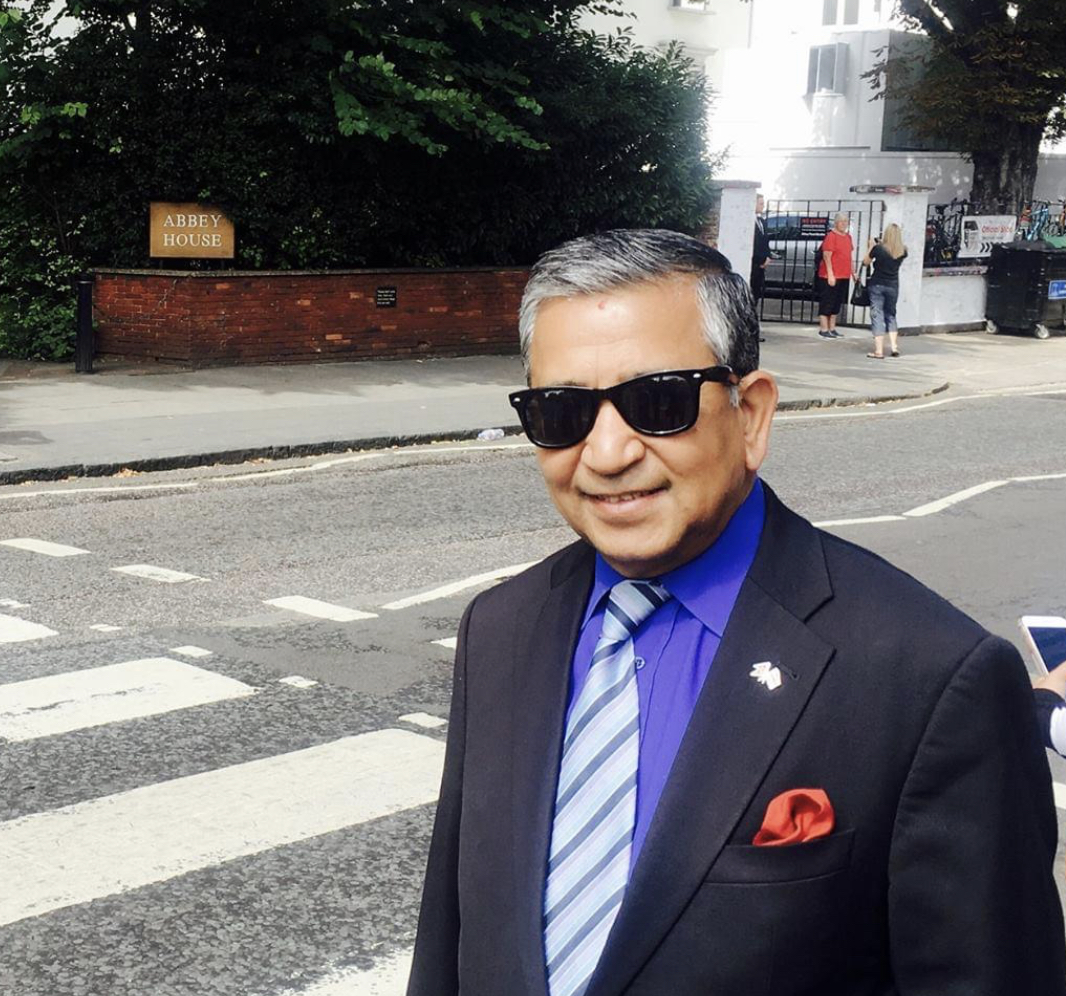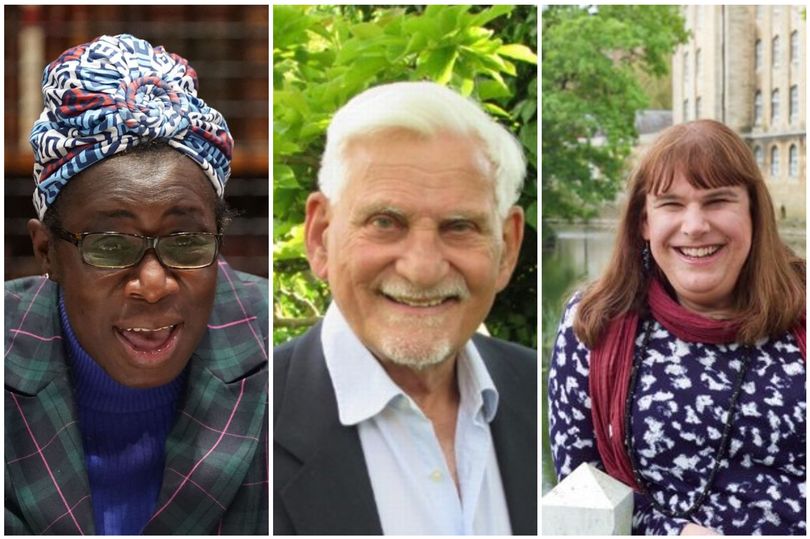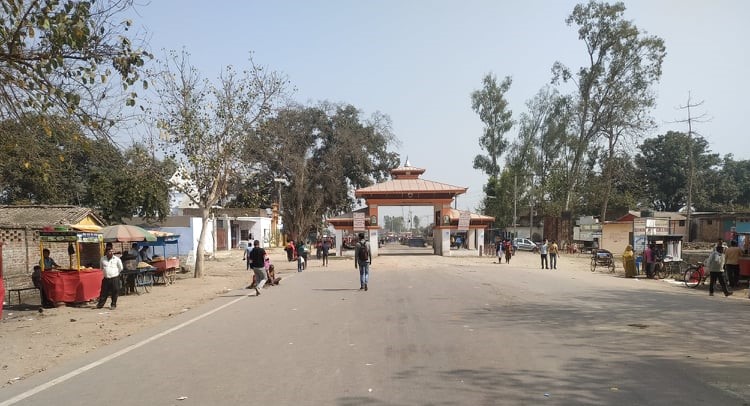London — The New Year Honours List 2023 marks the incredible public service of individuals from across the UK.
Recipients in the New Year Honours List have been awarded for their outstanding contributions across all parts of the UK for their work on areas including sustained public service, youth engagement and community work.
Such recipients include 100-year-old Peter Offord Davies from Macclesfield, who has been awarded a BEM for his work as a reading volunteer at Dean Valley Community Primary School in Bollington, Macclesfield.
Pamela Goldsmith from West Sussex is also being awarded an BEM, for raising more than £1.5 million for Macmillan in 20 years of volunteering. Jade Clarke, who represented the United Kingdom at the 2014 Commonwealth Games and glassblower John Reyntiens, who is most well-known for the bespoke stained-glass window at the North End of Westminster Hall which was gifted to Her Majesty the Queen for her 2012 Diamond Jubilee, receive MBEs.
Jawahir Roble, from London, and who grew up playing football in war-torn Mogadishu, has also been awarded an MBE for services to football, after becoming the first black, female, Muslim, hijab-wearing referee in the UK.
Following her commitment to help children and families fleeing Ukraine, Cambridgeshire resident Louenna Hood has been awarded a British Empire Medal. Her voluntary work has seen more than £170,000 raised to help people fleeing the war-torn country and she has helped to organise the delivery of five container loads of essentials directly to people in need.
Asrar Ul-Haq DL was one of the first Asian police officers in Greater Manchester Police and spent his career in policing building a positive relationship between marginalised communities and law enforcement. His work bringing together people from different faiths and backgrounds for a common good has earned him an OBE.
Jim Jones, who is also a police officer in Greater Manchester, has also been recognised with a BEM for his work to improve the way police forces work with military veterans. His close work with the veterans community has seen veterans encouraged to consider jobs within the police force and his approach has been followed by many other police forces across the country.
Key members of the England Lionesses football team are also honoured after their outstanding performance in the summer. Squad captain Leah Williamson receives an OBE, while star player Lucy Bronze, golden boot Beth Mead, and England women’s top international goal scorer Ellen White are all awarded MBEs.
A CBE has been awarded to Pat Jennings, for his football and charity service in Northern Ireland. MBEs go to Scotland’s football captain Andy Robertson for his work with young people and to Chris Kamara for his charity and anti-racism work.
At DBE there is an award for Virginia McKenna, for her work in wildlife conservation and amongst the knighthoods is an award for Robin Millar, for his work in music and disabilities and Grayson Perry for services to the arts.
There is a significant breadth of service recognised across the entirety of the UK. Recipients include MBEs for Gee Walker, founder and patron of the Anthony Walker Foundation; Charles Banks, Chair of the NorthWest Users Group and Secretary, Manchester United Disabled Supporters’ Association; and Judith Backus, the Founder of Hidden Help, a charity helping disadvantaged people in Cornwall.
The youngest recipient in the List is 18-year-old Dara Seamus McAnulty who receives a BEM for his environmental work and for his work with people with Autism Spectrum Disorder.
Asians in the New Year Honours List
Knights Grand Cross of the Order of the British Empire
Professor Sir Partha Sarathi Dasgupta – Frank Ramsey Professor Emeritus of Economics, University of Cambridge. For services to Economics and to the Natural Environment (Cambridge, Cambridgeshire)
Dames Commander of the Order of the British Empire
Professor Robina Shahnaz Shah – Director, Doubleday Centre for Patient Experience. For services to Patient Care (Stockport, Greater Manchester)
Knights Bachelor
Knighthoods
Dr Mayur Keshavji Lakhani – Chair, Faculty of Medical Leadership and Management and General Practitioner, Highgate Medical Centre, Loughborough. For services to General Practice (Rothley, Leicestershire)
Ivan Manuel Menezes – Chief Executive Officer, Diageo PLC. For services to Business and to Equality (London, Greater London)
Commanders of the Order of the British Empire
Nadra Ahmed – Executive Chair, National Care Association. For services to Social Care (West Malling, Kent)
Professor Vengalil Krishna Kumar Chatterjee – Professor of Endocrinology, University of Cambridge. For services to People with Endocrine Disorders (London, Greater London)
Dr Ramesh Dulichandbhai Mehta – President, British Association of Physicians of Indian Origin. For services to Equality, Diversity and Inclusion (Bedford, Bedfordshire)
Nageshwara Dwarampudi Reddy – Portfolio Director, Labour Market and Plan for Jobs, Department for Work and Pensions. For Public Service (Lytham St Anne’s, Lancashire)
Dr Gurdial Singh Sanghera – Founder and Chief Executive Officer, Oxford Nanopore Technologies plc. For services to the Technology Sector (Oxford, Oxfordshire)
Jatinder Kumar Sharma – Principal, Walsall College. For services to Further Education (Perton, Staffordshire)
Jasvir Singh – Chair, City Sikhs. For services to Charity, to Faith Communities and to Social Cohesion (London, Greater London)
Professor Keshav Singhal – For services to Medicine and to the community in Wales (Wenvoe, South Glamorgan)
Officers of the Order of the British Empire
Usman ALI Lately – Chair, Black Workers’ Committee, Scottish Trades Union Congress. For services to Equality and Cohesion in Scotland (Thornliebank, Renfrewshire)
Rashid Begum – Lately Acting Deputy Director, Home Office. For Public Service (Chelmsford, Essex)
Professor Nishi Chaturvedi – Professor of Clinical Epidemiology and Director, Lifelong Health and Ageing Unit, University College London. For services to Medical Research (London, Greater London)
Professor Peter Ghazal – Sêr Cymru II Professor of Systems Medicine, Cardiff University. For services to Systems Immunology (Cardiff, South Glamorgan)
Ravinder Gill – Founder, College of Accountancy Ltd. For services to Higher Education (Weybridge, Surrey)
Puneet Gupta – Co-Founder and Chief Executive Officer, PG Paper. For services to Business, to Charity and to the community in Scotland (Kilmacolm, Renfrewshire)
Mouhssin Ismail – Lately Principal, Newham Collegiate Sixth Form Centre, London Borough of Newham. For services to Education (London, Greater London)
Saika Jabeen – Assistant Chief Officer, Nottinghamshire Probation Service. For Public Service (Littleover, Derbyshire)
Sharon Kaur Jandu – Director, Yorkshire Asian Business Association. For services to International Trade (Leeds, West Yorkshire)
Dr Harren Jhoti – Founder, President and Chief Executive Officer, Astex Pharmaceuticals. For services to Cancer Research and to Drug Discovery (Cambridge, Cambridgeshire)
Dr Krishna Rohan Kandiah – Founder, The Sanctuary Foundation. For services to Refugee Integration (Henley, Oxfordshire)
Fukhera (Frank) Khalid – Managing Director, Elbrook Cash and Carry. For services to Business, to Charity and to the community in North London (Great Warley, Essex)
Professor Kantilal Vardichand Mardia – Senior Research Professor, Leeds University. For services to Statistical Science (Hull, East Riding of Yorkshire)
Hitan Mehta – Executive Director, British Asian Trust. For services to the British Asian Community (Rickmansworth, Hertfordshire)
Gotz Mohindra – Senior Volunteer, Conservative Party. For Political Service (London, Greater London)
Sheikh Aliur Rahman – Chief Executive Officer, London Tea Exchange. For services to the Tea Industry and to Young People (London, Greater London)
Riaz Shah – Founder and Chair of Trustees, One Degree Academy. For services to Education (Milton Keynes, Buckinghamshire)
Professor Sunil Shaunak – Emeritus Professor of Infectious Diseases, Imperial College London. For services to Infectious Diseases and Drug Discovery (Hertford, Hertfordshire)
Mahanta Bahadur Shrestha – Philanthropist. For services to the community in the London Borough of Ealing and to the Nepalese community (London, Greater London)
Asrar Ul-Haq – For services to the community in Greater Manchester (Rochdale, Greater Manchester)
Members of the Order of the British Empire
Mesba Ahmed – Founder and Chief Executive, London Tigers Charity. For services to the community in London (London, Greater London)
Syed Samad Ali – Lately Teacher, Thornhill Academy, Sunderland, Tyne and Wear. For services to Education (Sunderland, Tyne and Wear)
Dr Minal BAKHAI (Minal JAYAKUMAR) – General Practitioner and Director, Primary Care Transformation, NHS England. For services to General Practice, particularly during Covid-19 (London, Greater London)
Nipa Devendra Doshi – Product and Furniture Designer. For services to Design (London, Greater London)
Saleem Fazal – Co-Chair and Co-Founder, Freehold LGBT+ CIC. For services to Inclusion in the Property Industry (London, Greater London)
Professor Nihal Trevor Gurusinghe – For Charitable Services (Preston, Lancashire)
Shadim Hussain – Chief Executive, My Foster Family. For services to Equality and to the Foster Care System (Bradford, West Yorkshire)
Sarah Johal – Strategic Leader, Regional Adoption Agencies. For services to Adoption and Fostering (Leeds, West Yorkshire)
Inderpaul Singh Johar – Co-Founder, Dark Matters Laboratories. For services to Architecture (London, Greater London)
Dr Atiya Kamal – Health Psychologist and Senior Lecturer, School of Social Sciences, Birmingham City University. For services to Health Psychology during Covid-19 (Burton on Trent, Staffordshire)
Mohammed Wakkas Khan – Founder, Young Interfaith. For services to Charity, to Young People and to Interfaith Relations (Whalley Range, Greater Manchester)
Dr Shaid Mahmood – Chair of Governors, Leeds City College Group. For services to Further Education in Leeds (Leeds, West Yorkshire)
Jaspal Singh Mann – Director, Simply Shred and Recycle Ltd. For services to the Environment (Sutton Coldfield, West Midlands)
Syed Khaja Mohi Moinuddin – Customs Cooperation Agreements Lead, HM Revenue and Customs. For Public Service (Westcliff on Sea, Essex)
Professor Dr Syed Naseem Naqvi – President, British Blockchain Association. For services to Blockchain and Distributed Ledger Technologies (Blackpool, Lancashire)
Bhavena Patel – Senior Relationship Manager, Institute of Apprenticeships and Technical Education. For services to Further Education (Coventry, West Midlands)
Veejaykumar Chimanlal Patel – Founder, Business 2 Business UK Limited. For services to Employment and Training (Leicester, Leicestershire)
Professor Prashant Pillai – Director, Cyber Quarter and Associate Dean, University of Wolverhampton. For services to Cyber Security and to Education (Solihull, West Midlands)
Aneeta Prem – Founder and President, Freedom Charity. For Charitable Service (Norwich, Norfolk)
Dr Mohammed Qasim – Lecturer and Welfare Officer, Gower College, Swansea. For services to Academic Research and to Young People (Swansea, West Glamorgan)
Abdul Aziz Qazi – Imam and Founder, Jamia Islamia Ghousia Trust. For services to the community in Luton (Luton, Bedfordshire)
Zebina Ratansi – Director of Nursing, Whipps Cross University Hospital, Barts Health NHS Trust. For services to Nursing Leadership (London, Greater London)
Dr Jyotiben Shah – Macmillan Consultant Urological Surgeon, University Hospitals of Derby and Burton NHS Foundation Trust. For services to Medicine (Ashby-de-la-Zouch, Leicestershire)
Keranjeet Kaur Virdee – Chief Executive and Artistic Director, South Asian Arts UK. For services to the Arts, particularly South Asian Music and Dance (Leeds, West Yorkshire)
Medallists of the Order of the British Empire
Nura Omar Aabe – Founder, Autism Independence. For services to People with Autism (Bristol, City of Bristol)
Shah Sheikh Shepali Begum – Lately Outreach and Impacts Manager, Commonwealth Games Legacy Team. For services to Equality, Diversity and Inclusion (Birmingham, West Midlands)
Dr Wirinder Kumar Amar Nath Bhatiani – Lately Chair, NHS Bolton Clinical Commissioning Group. For services to Health and to Diversity in Greater Manchester (Birchanger, Essex)
Ziana Ayesha Butt – For services to Netball and to Diversity (London, Greater London)
Zakaria Arif Dada – For services to the community in the London Borough of Merton during Covid-19 (London, Greater London)
Reena Gudka – Senior Executive Officer, Department for Levelling Up Housing and Communities. For services to Civil Servants Affected by Eating Disorders (London, Greater London)
Javaid Iqbal – Foster Carer, Birmingham Children’s Trust. For services to Fostering (Birmingham, West Midlands)
Samina Qasim Iqbal – Foster Carer, Birmingham Children’s Trust. For services to Fostering (Birmingham, West Midlands)
Dr Sayyada Mawji – For services to Healthcare during Covid-19 (London, Greater London)
Neil Shonchhatra – For services to the Covid-19 Response (London, Greater London)
Amarjit Singh Soora For services to the community in Ilford, London Borough of Redbridge (London, Greater London)
Jagraj Singh Sran – For services to Charitable Fundraising and to the community in Cranford, London Borough of Hounslow (Middle Green, Buckinghamshire)
ORDER OF ST MICHAEL AND ST GEORGE
Masood AHMED – President, Center for Global Development. For services to International Development.
Dr Mohamed IBRAHIM – Founder, the Mo Ibrahim Foundation. For services to Charity and to Philanthropy.
The Rt Hon Alok SHARMA MP – President, the United Nations Climate Change Conference of the Parties (COP26). For services to tackling Climate Change.
OVERSEAS AND INTERNATIONAL LIST
ORDER OF THE BRITISH EMPIRE
Sonashah SHIVDASANI – Founder and Chief Executive Officer, Soneva; and Founder, Six Senses. For services to Tourism, to Sustainability and to Charity.
MBE
Vineet BHATIA – Chef. For services to UK Cuisine, to Hospitality and to International Trade.
Faraz KHAN – Founder and Director, Social, Entrepreneurship and Equity Development –SEED-Ventures. For services to UK/Pakistan relations.
KING’S AMBULANCE SERVICE MEDAL
ENGLAND AND WALES
Salman DESAI – Deputy Chief Executive Officer and Director of Strategy, Partnerships and Transformation, North West Ambulance Service






